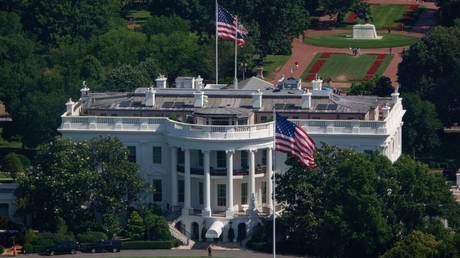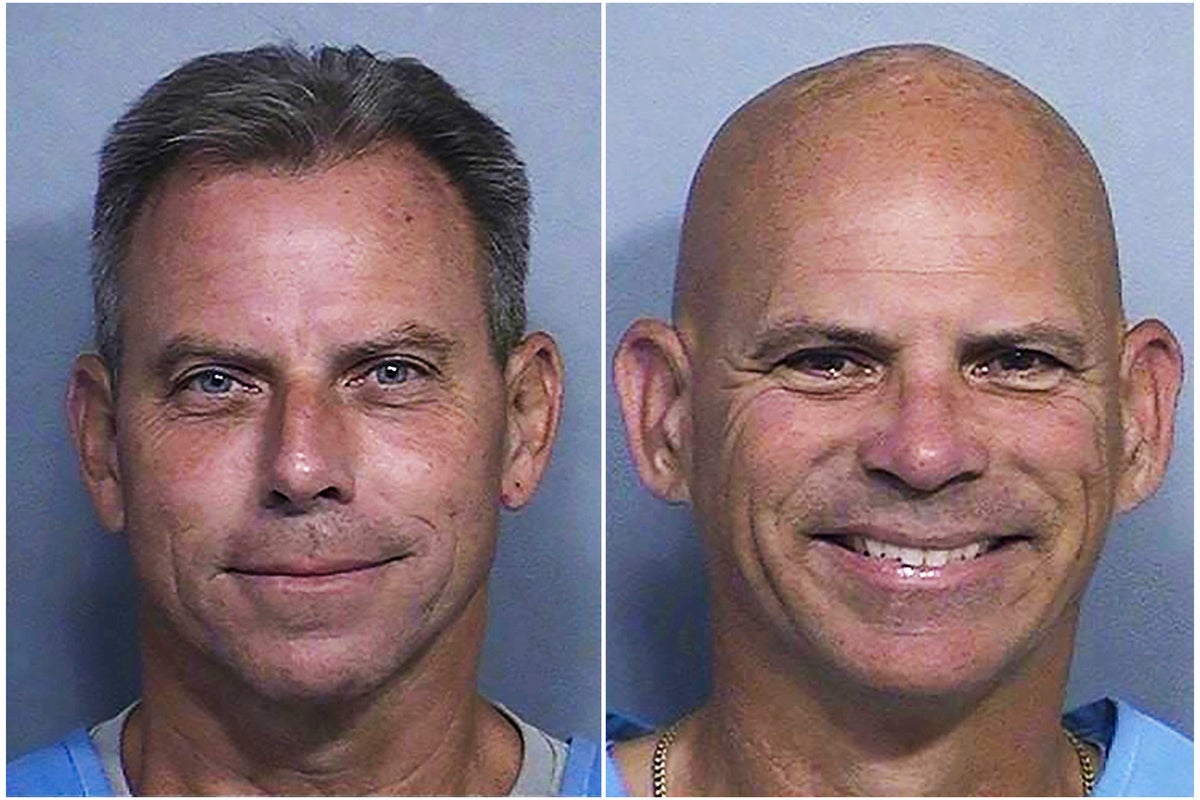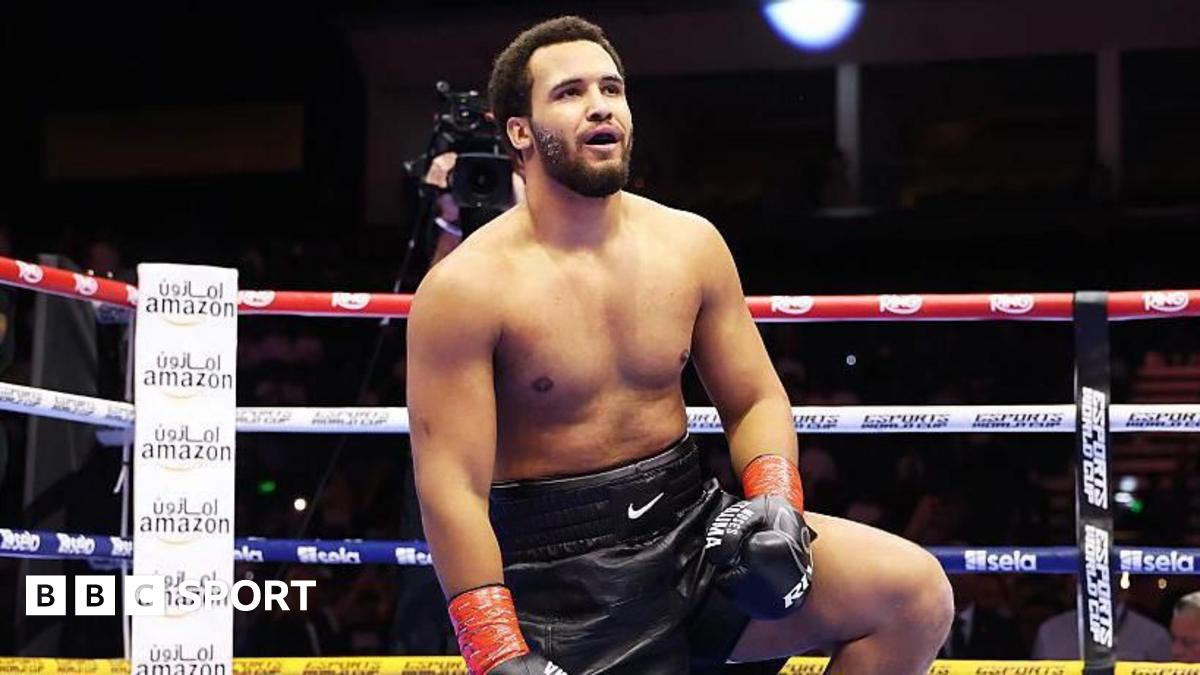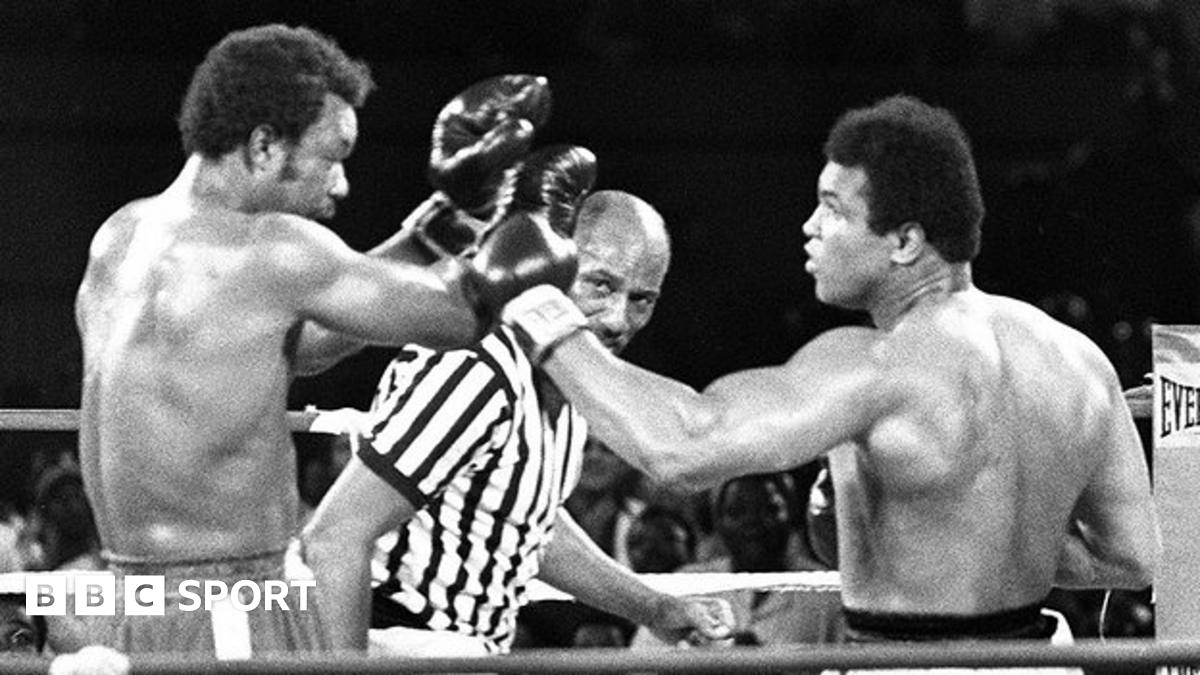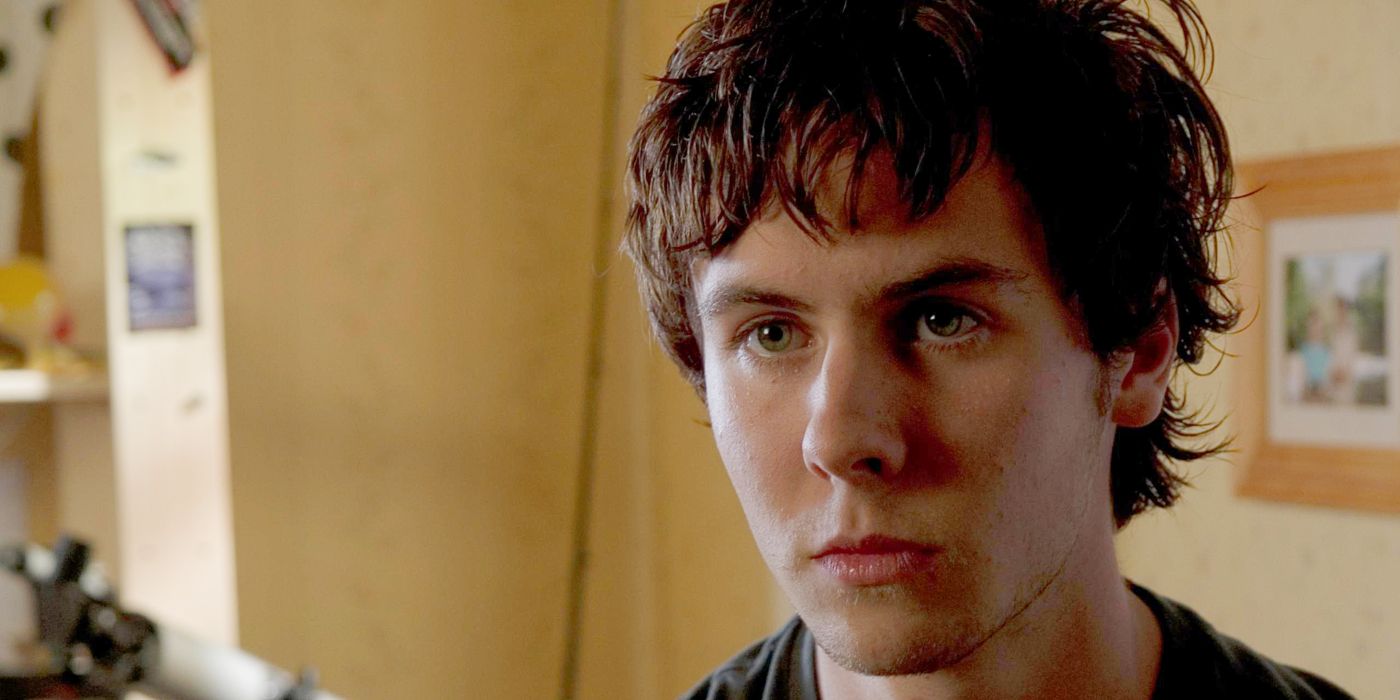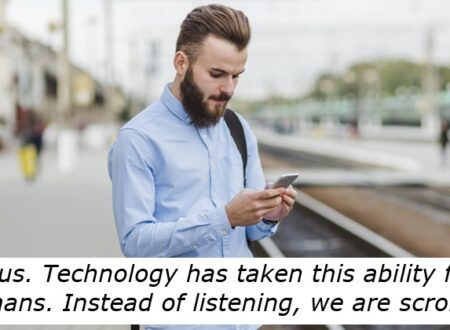We finance our disadvantages—and call it progress

A lot of people are getting fed up with how powerful people and institutions benefit themselves while things get worse by the day for the rest of us. Especially younger generations.
But it seems to me that choices made by everyday people—often in how they spend their dollars—have the effect of increasing inequity. Middle and working class people buy into systems that increase unfairness and tilt the scales further towards the wealthiest in our society.
Take Robinhood, for example. When the investment platform launched in 2013 as the first major broker eliminating commissions and minimums for stock trading, it positioned itself as “democratizing finance for all.”
The supposedly “disruptive” trading platform got 56% of its 2024 revenue from payment for order flow from large financial institutions. Another 12% came from Citadel, an extremely successful hedge fund controlling 40% of trades from nonprofessional individual investors, called retail investors. Yet it purported to democratize investing for retail investors. When 56% of revenue comes from one type of financial institution, it suggests that those are Robinhood’s real customers. Not to mention, the platform has been fined and sued over issues like the trading gamification, misleading communications, and risk oversight.
Robinhood incurred outages and technical difficulties during high market volatility periods, costing users substantial losses. And don’t forget January 28, 2021, when Robinhood halted the purchase (but not the sale) of certain stocks that were the focus of grassroots retail trading campaigns, notably GameStop and AMC, citing “risk management” and clearinghouse deposit requirements. It’s no surprise to skeptical investors that market makers (like Citadel) had significant loss exposure to the stocks in question.
In the hedge funds’ pockets
The trading platform that named itself after the famous mythical character who steals from the rich and gives to the poor was doing just the opposite—proving with its actions it was in the monied hedge fund crowd’s pockets all along.
You’d think that Robinhood was delivering on its promise by looking at its stock price chart. The company is a Wall Street darling, its stock continuing to climb, often supported by investments from the 32% individual retail stock owners.
Our company, Prospero.ai, is a free investment research platform with a newsletter suggesting stock picks to retail investors. For a long time, we warned of Robinhood’s dangers because it exacerbates the established market players’ existing advantages.
But Robinhood’s stock gained such a groundswell of retail and institutional support that we recently flipped to recommending the stock on the same basis that a lot of people seem to use it. My attitude when we flipped our stance was, “Our signals love this stock; we have an obligation to report on the best investments and not cloud our recommendations with personal moral judgements.”
While this might seem like a sad capitulation, and it is, there is a silver lining.
The power of the individual
You see, Prospero’s algorithms only show how the market is moving in aggregate. To give truly good and unbiased investing advice, I feel obligated to follow the very accurate results our signals indicate. But all of Prospero’s collected data are built on many, many small decisions—often made by individuals.
When analysis increasingly rules decision making, individuals have the power to move markets if they are willing to adhere to their own principles, and not institutions’ principles.
If individual investors stop using and investing in Robinhood, investing algorithms like ours at Prospero will not continue favoring Robinhood. And this applies to all systems. There are more middle and working class people than uber wealthy people. If the collective puts actions behind principles favoring themselves, our society’s principles will have to change too.
The crypto revolution
This brings me to the next horizon in the financial industry—the crypto “revolution.” We have been similarly concerned with the structures it creates but also unable to ignore the extreme positive momentum. For example, COIN (Coinbase) has been one of our more consistent recommendations the last few years. I can’t help but see even bigger risks here, though. Few things have gotten the American people up in arms more than a massive financial crisis. Yet with all of the talk about crypto improving things, we have seen it be a hotbed of criminal activity, and the systemic risks posed by increasing capital into it are astounding and seemingly never discussed.
For example, crypto products and platforms frequently fail to provide full or accurate information about risks, operations, management, or associated costs to users.
Crypto platforms also reuse client assets as collateral for multiple loans, creating cascading chains of leverage that amplify systemic risk far beyond what’s visible.
Conflicts of interest and insider dealings can be hidden in crypto markets, unlike traditional regulated financial markets that require comprehensive public disclosures. Platform operations and market making in crypto can be nontransparent, allowing exchanges or insiders to profit at customer expense—sometimes even trading against their own users.
Scams, phishing attacks, and exchange hacks are rampant. The irreversibility of crypto transactions means most victims never recover their assets.
This hasn’t stopped crypto from becoming a more interesting space for retail investors who own 20% of stocks versus 85% of Bitcoin.
I hope this information has the appropriate impact. Whenever we let institutions and insiders add too much leverage, the system breaks. The more money in crypto, the harder the system will break.
Why do retail investors help usher in self-destructive systems?
Crypto investors and market makers are operating for themselves. When will individuals learn to do the same?
The world changes when people stop feeling defeated and start living by their principles. If we all exercise our power, the masses will become unstoppable.
Look at our current society. You’ll find scorn and distaste for the billionaires galivanting the country on the backs of the working class. But at least these billionaires have figured out something valuable: how to operate for themselves.
Don’t take this writing as a call for middle and working class people to band together to act in one way. Act for yourself—not for institutions. Act in ways that will truly benefit you and your family in the long term.
I have a feeling that if we all do that, it will lead to a more equitable society, which is where I, for one, want to live.
George Kailas is CEO of Prospero.ai.
What's Your Reaction?
 Like
0
Like
0
 Dislike
0
Dislike
0
 Love
0
Love
0
 Funny
0
Funny
0
 Angry
0
Angry
0
 Sad
0
Sad
0
 Wow
0
Wow
0




